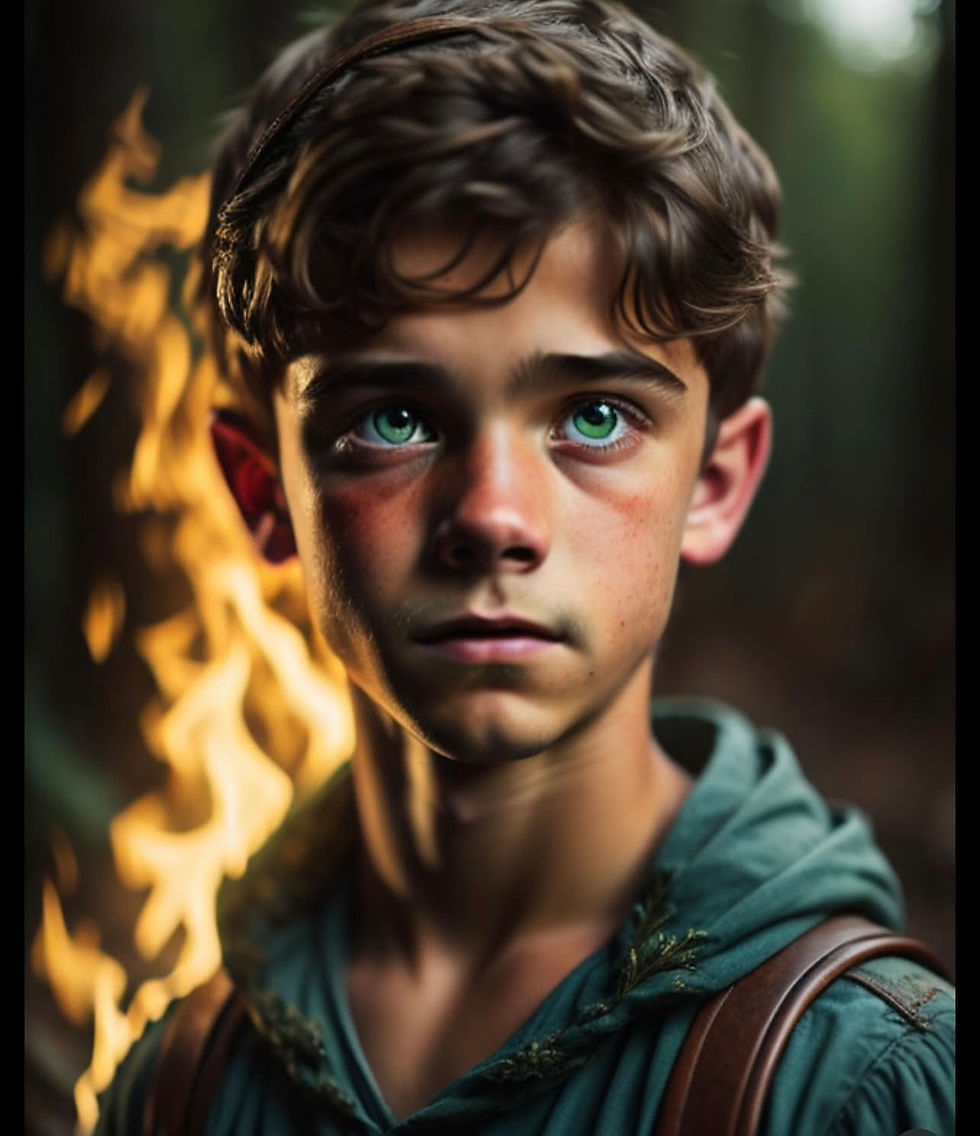Reclaiming the Narrative
- drsjharrisjr
- Jul 29, 2025
- 1 min read

As someone deeply passionate about visual arts—painting, photography, and the way light and texture speak when words fail—I’ve long believed in the power of art to hold truth. Not just beauty. Not just fantasy. But truth. For too long, our stories—those of people who’ve been colonized, erased, or romanticized into caricature—have been filtered through a Western lens, where villains wear feathers and heroes wear privilege.
I wanted to create something different. Something visceral and grounded. A story that refuses to hide behind whimsy. The sanitized Peter Pan we all grew up with? To me, that’s a fairytale built on exploitation. A boy who steals children. Who traffics in violence against the land’s original people. A tale where the villain is the one who dares to resist.
There’s no room for that kind of fairytale anymore.
So I wrote Captain James as an act of reclamation. A dark fantasy that challenges the default narrative. A reimagining where the so called "villain" is given history, pain, motive—and a voice. It’s uncomfortable, perhaps. But it should be. I didn’t want to make something just “thought-provoking.” I wanted to make something that feels. That wrestles. That lingers.
Art should unsettle sometimes. It should disrupt and decolonize. That’s what I hope this book does.
To all the storytellers out there reclaiming space: keep going. The world doesn’t need more myths about flying boys who never grow up. It needs truth. Even if it hurts.



Comments